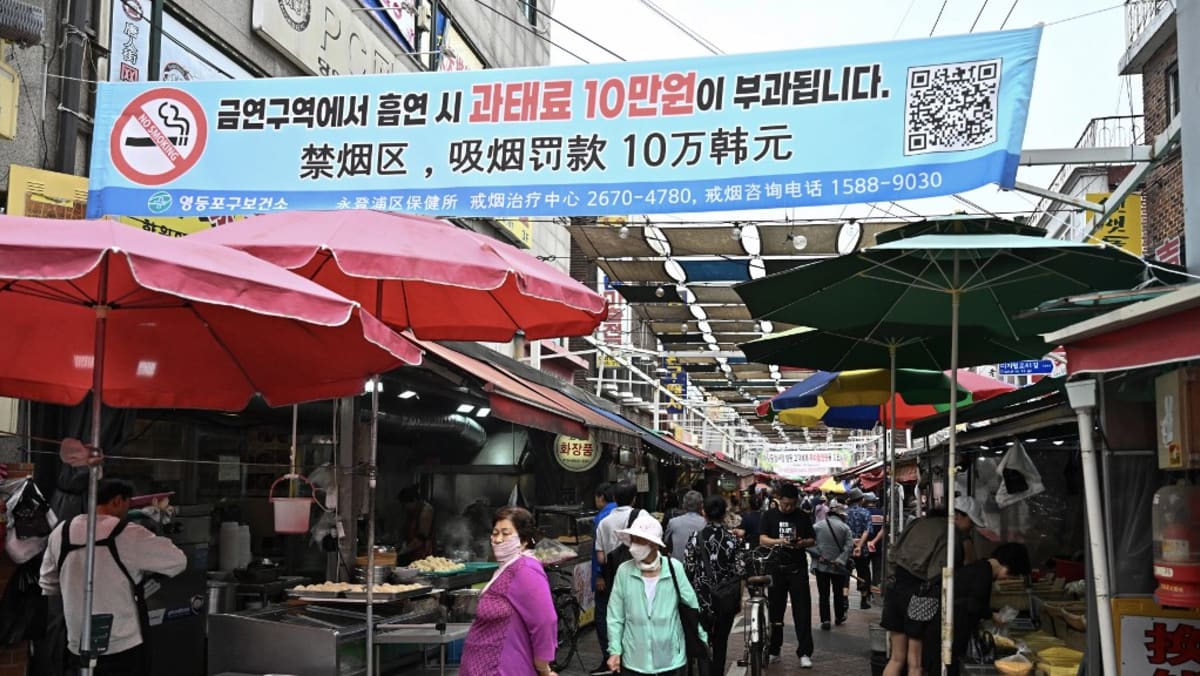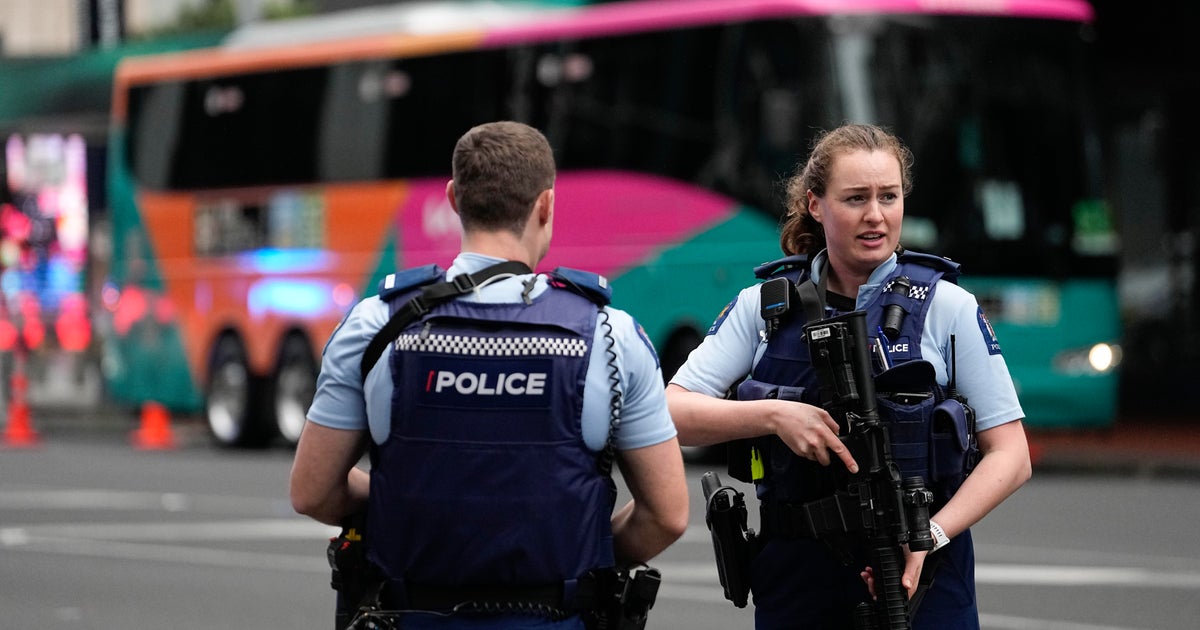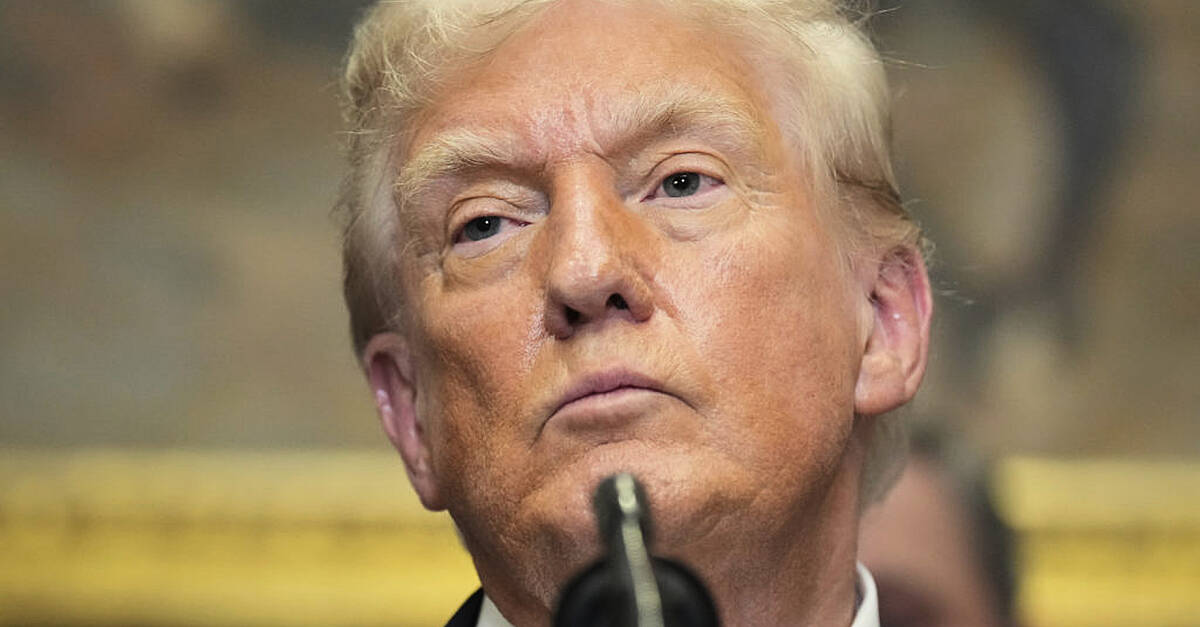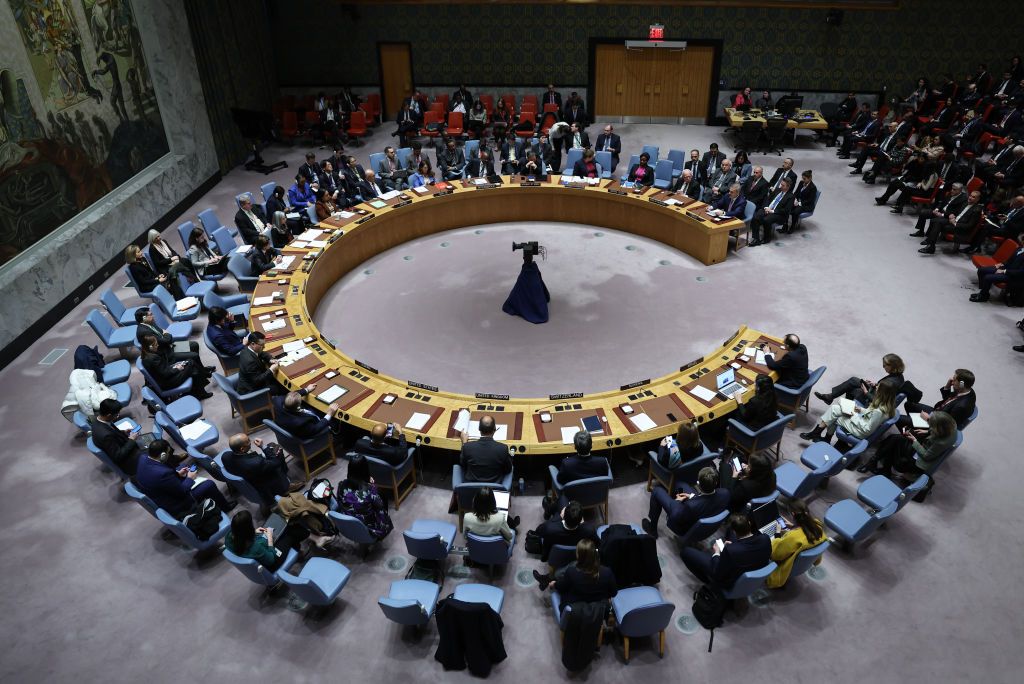Rising Anti-China Sentiment in Seoul's Ethnic Chinese Community Ahead of Elections

SEOUL: The bustling streets of Daerim, a neighborhood in Seoul known for its vibrant shops selling steaming snacks, are home to a significant population of ethnic Chinese residents. However, these residents find themselves increasingly on edge due to the growing anti-Chinese sentiment that has emerged in South Korea, particularly as the country approaches its upcoming elections this Tuesday, June 3.
In recent years, perceptions of China have shifted dramatically among South Koreans, with the country now viewed as the most distrusted neighbor, surpassing Japan, which has long been considered the traditional foe and former colonial power. This shift in sentiment is evident not only in everyday interactions but also in the political discourse leading up to the elections.
Local sentiment has manifested itself in various forms, from heated discussions online to right-wing rallies and even within the confines of Seoul's own Chinatown. These developments highlight a growing divide and an atmosphere of suspicion that has enveloped the community.
Among those affected is 74-year-old Yu Shunzi, who moved to South Korea in 2007 from Heilongjiang, a northeastern province in China. Yu, like many others, sought better economic opportunities during the influx of Chinese migrants to South Korea in the 1990s and 2000s. However, she has experienced firsthand the increasing hostility toward Chinese individuals in South Korea.
“A lot of Koreans still think China is a very backward country and discriminate against Chinese a lot,” she lamented during an interview with AFP. Yu expressed her desire to return to her homeland, yet the current economic climate poses significant challenges. “I want to go home, but with the exchange rate being this low, I’d lose a lot of money,” she added, reflecting the tough choices many in her community face.
This rising distrust toward China is supported by recent polling data. In 2022, a survey conducted by Hankook Research revealed a concerning trend: for the first time, South Koreans expressed more distrust toward China than they did toward Japan. This shift has persisted into subsequent years, indicating a long-term change in public sentiment.
The political landscape has further complicated these feelings. Former South Korean leader Yoon Suk Yeol previously referenced vague allegations of Chinese espionage while justifying his declaration of martial law, an act that ultimately led to his ousting. Such statements have exacerbated existing tensions and fueled conspiracy theories among segments of the South Korean right, deepening the distrust.
As South Korea heads toward the elections, the challenges facing the ethnic Chinese community in Seoul serve as a poignant reminder of the complex dynamics at play in the region. The interplay of economic aspirations, national identity, and political rhetoric will undoubtedly shape the future of not only the community but also South Korea's broader relationship with its neighbors.
























